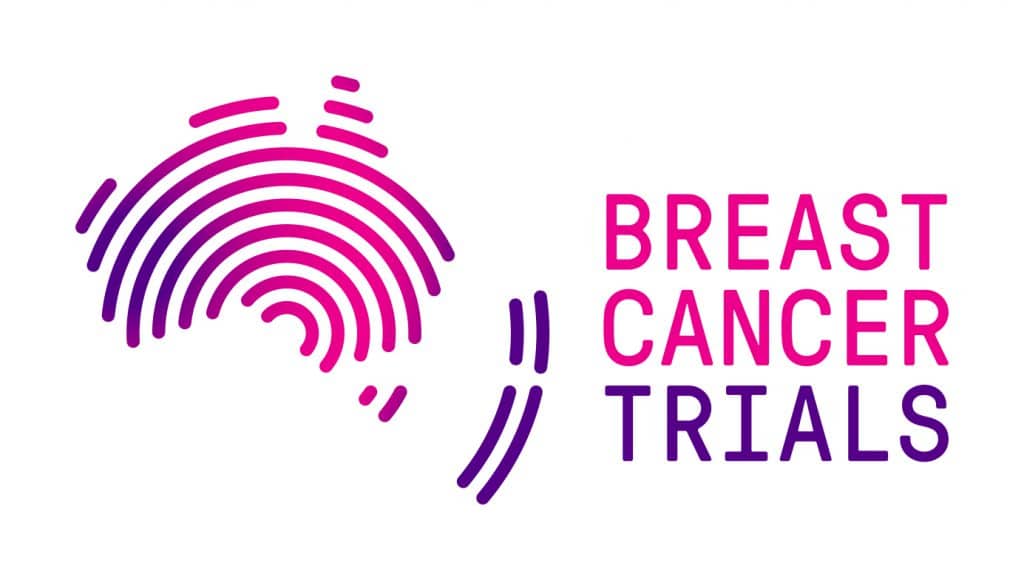Common Breast Cancer Myths And Facts
There are a lot of myths regarding breast cancer and this can make it difficult to separate fact from fiction. Here are just some of the common breast cancer myths explained:
-
Myth: Only Women Get Breast Cancer
Although it is less common, men can get breast cancer. Male breast cancer accounts for less than 1% of all breast cancers diagnosed.
Approximately, 164 men will be diagnosed with breast cancer in Australia this year and around 25 men in New Zealand. Treatment for both men and women diagnosed with breast cancer are very similar.
-
Myth: Wearing An Underwire Bra Can Cause Breast Cancer
Every so often this myth will gain traction on the internet, but there is no credible evidence to back it up.
A 2005 population-based case-control study of around 1,500 women diagnosed with two of the most common histological types of breast cancer, invasive ductal carcinoma cases (IDC) and invasive lobular carcinoma (ILC) and a control group of women, found no aspect of bra wearing, including bra cup size, average number of hours/day worn, wearing a bra with an underwire or age when first began regularly wearing a bra, was associated with risks of any of the most common types of breast cancer.
The myth about a link between wearing an underwire bra and breast cancer comes from concern about bras impeding lymphatic drainage, interfering with toxin removal. Another theory without any factual basis is that bras cause cancer by increasing the surface temperature of the breast.
To be clear, there are NO credible scientific studies or any other evidence of any association between any aspect of wearing a bra and breast cancer risk.
-
Myth: Breast Implants Increase The Risk Of Breast Cancer
Several studies have been completed examining if there is a connection between silicone-filled breast implants and breast cancer.
In these studies, there was no conclusive evidence found that women who have undergone cosmetic breast implantation have an increased risk of the most common types of breast cancer.
However, there is an extremely rare condition associated with breast implants; breast implant associated anaplastic large cell lymphoma.
-
Myth: Contraceptive Pills Cause Breast Cancer
Taking oral contraceptives or ‘the pill’ has been associated with a small increased risk of breast cancer while the woman is currently using it.
The risk of being diagnosed with breast cancer for women using the ‘combined’ oral contraceptive pill increases by about 7% for every five years of use.
However, this risk is reduced when the woman stops taking it.
-
Myth: All Breast Cancer Types Are Genetic
A person’s risk of being diagnosed with breast cancer increases if they have a close relative who has had breast cancer – on either their mother’s or father’s side – particularly if they were diagnosed under the age of 50.
However, most women who develop breast cancer have no family history of the disease. The majority of breast cancer diagnoses are not linked to an inherited gene.
It is estimated that 95% of Australian women are of average risk, 4% have an increased risk of breast cancer due to family history, and only 1% are at high risk due to a strong family history.
Of these 1%, only half have a known gene that is likely to have been inherited from their mother of father’s side. The other half may have an inherited gene that we do not yet have a test for.
Genetic Risks for Developing Breast Cancer
- Women with one first-degree relative (parent, sibling or child) who has had breast cancer have almost two times the risk of breast cancer compared to women with no family history.
- Women with two first degree relatives who have received a breast cancer diagnosis, have almost three times the risk of developing breast cancer compared to women with no family history.
- Women with three or more first-degree relatives are almost four times as likely to be diagnosed with breast cancer.
- If a woman has one or more second degree relatives who have received a breast cancer diagnosis (aunt, uncle, grandparent, grandchild, niece, nephew or half-sibling) they are estimated to have one and a half times the risk of being diagnosed with breast cancer compared with someone who has no family history.
As breast cancer is the most commonly diagnosed breast cancer in Australia, some women will have a family history of the disease by chance.
However, some woman may have inherited a faulty or mutated gene, like BRCA1 or BRCA2, which increases the risk of cancer. Around 5-10% of breast cancers are due to an inherited gene like BRCA1 or BRCA2.
-
Myth: Deodorants and Antiperspirants May Cause Breast Cancer
There is no evidence that deodorants or antiperspirants cause breast cancer. This myth was perpetuated by several poor-quality studies.
These studies proposed a theoretical link between deodorants and antiperspirants containing chemicals such as parabens and aluminium compounds that are applied close to where breast cancer can develop.
However, a high-quality systematic review of all available studies showed there is no reliable evidence to suggest that the use of deodorants or antiperspirants increases the risk of breast cancer.
-
Myth: All Lumps In The Breast Are Cancerous
Most lumps in the breast are not cancerous. Most breast changes are likely to be normal or due to a benign breast condition. Some benign breast changes may need treatment, but this is not always the case.
However, if you do notice a change in your breasts, you should discuss this with your GP to make sure that the changes are not something more serious.
Changes to look out for include new lumps in the breast or under the arm, nipple inversion or discharge, skin thickening or swelling.
-
Myth: Fertility Treatments Can Cause Breast Cancer
The is no clear or conclusive evidence that hormonal treatment for infertility can cause an increased risk of breast cancer.
An analysis of 20 studies found hormonal infertility treatments are not associated with an increase BC risk.
There was also no increased risk found in women undergoing IVF treatment.



